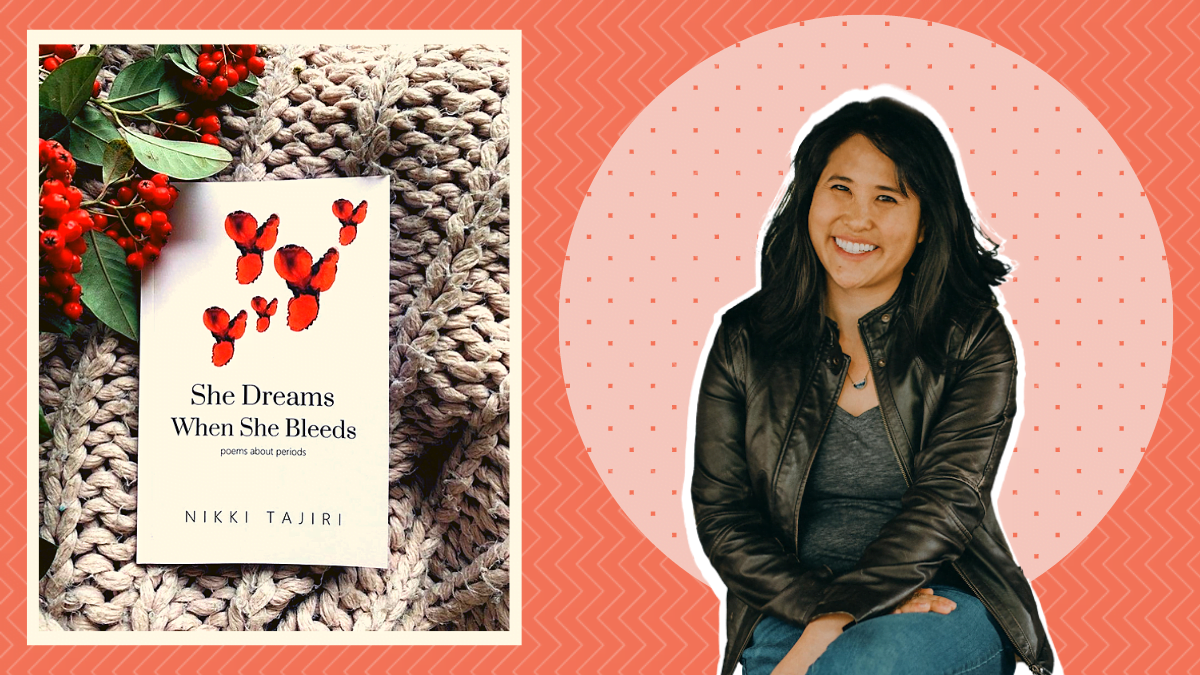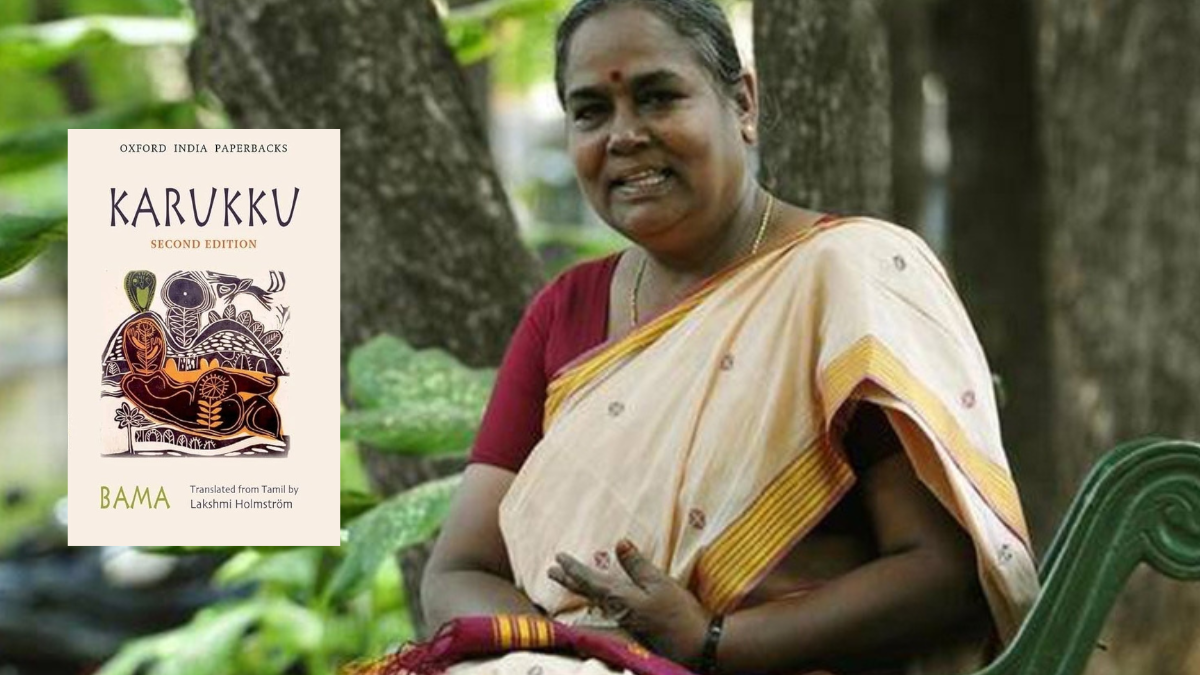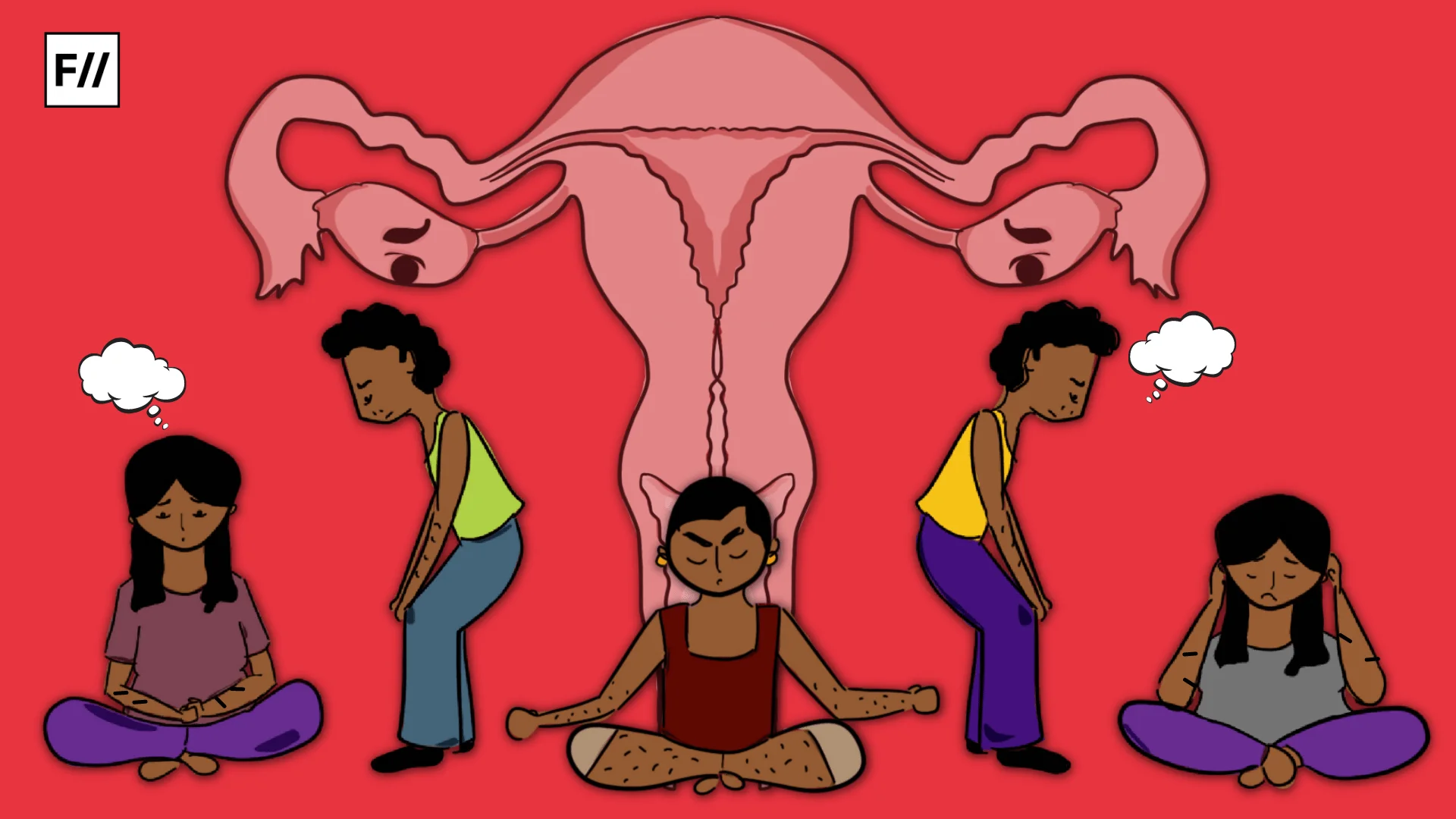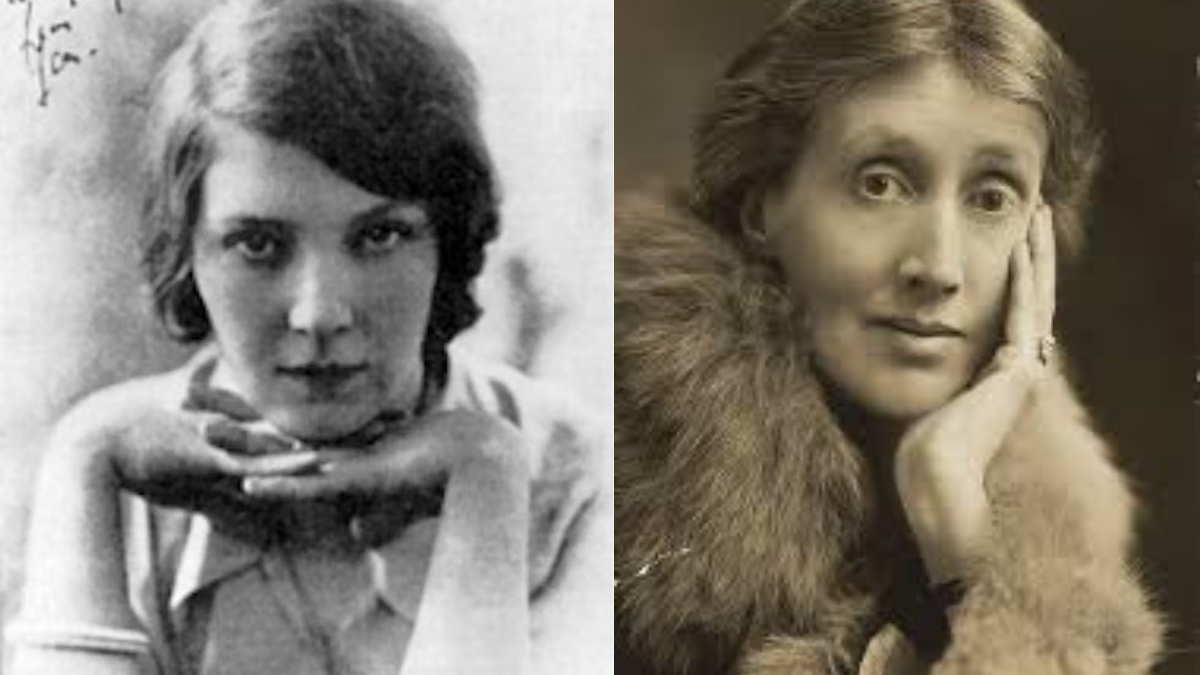The topic of menstruation has always been surrounded by myths and taboos. Religious and cultural dictates reinforce the belief that menstruating women and girls are impure. For example, Hindu women and girls are not allowed to visit a temple, pray or cook or touch anybody else during their menstrual cycle. In Islam, menstruating women are prohibited from touching the Quran and praying during their menstrual cycle. They are also not allowed to enter the mosque. As per the Bible’s 19th verse, menstruating women are considered to be impure during the time she menstruates and whoever touches her will be considered unclean until the evening. Lack of awareness about menstrual health and a lack of education regarding menstrual hygiene management has contributed to fear, anxieties, and taboos around menstruation. According to a report commissioned by the United Nations Population Fund (UNFPA), shame, taboo, and misconceptions surrounding menstruation lead to exclusion and discrimination of girls and women which is a serious Human Rights concern.
Amidst all the stigma and shame that surrounds menstruation, what if an entire book is written around the topic? Not only that, what if the book is a collection of poems that are entirely focussed around the topic of menstruation? Poems! Is this possible? Yes it has been made possible by Nikki Tajiri, author of “She Dreams When She Bleeds.”
Nikki Tajiri, born in Canada, is 33 years old, and a mother of a young daughter. She studied Commerce and worked as an accountant for several years before switching her focus to other pursuits such as writing and parenting. She describes herself as “Quite a bookworm. I love to read books of all kinds, but mainly fiction. Other words that describe me are enthusiastic, sensitive and good natured.”
Her book, She Dreams When She Bleeds is a collection of over fifty poems centered around the topic of menstruation. The poems are usually accompanied by illustrations of vibrant alcohol paintings. She was inspired by the book, “Her Blood is Gold” by Lara Owen. Speaking to Feminism In India she mentioned, “I had never come across the message that menstruation could be positive, that we could look forward to it .” The book opened a new door for her which allowed her to look at menstruation from a different perspective altogether.
She felt,”I was learning and soaking up so much new information about the menstrual cycle that it felt important for me to share. I also wanted to see something out there that was more than just memes about menstruation, something that was beautiful.” As her interest in gaining knowledge about menstruation grew, she began looking into books relating to menstruation. She found that there was a lack of books that were centered around menstruation. She explained, “I didn’t know what I was going to write about, and I hadn’t done any type of artwork for many years. I ended up working on it in secret for many months before I shared anything.“
She further went on to elucidate her reason behind choosing poetry as the medium of expression when talking about the subject of menstruation, “Poetry seems to be my writing strength. I love how it can convey a lot in a very few words.” She went on to add, “The conversation around menstruation is certainly long and overdue. The more we can shed light on menstruation, the more we can dissolve the collective shame we have surrounding it. It is also important to shift common assumptions, like the assumption that menstrual pain is normal or necessary. We have such an opportunity now, not just to reduce each other’s suffering, but to support each other to harness the immense power of our cycles.” Her book is an outcome of her ardent desire to break the stigma around menstruation.
As no journey is complete without overcoming hurdles, Feminism In India quizzed her about the struggles that she faced while writing the book and after the book was released. She responded to our question by saying, “Most of the feedback that I received about the book was positive. However, I received a few comments about the artwork being “gross”.“ She also explained that some people have felt that her work is not intersectional enough or inclusive enough to non-female menstruators. But she adds, “I understand that, but I can only speak and write from my own perspective as a woman.”
When asked about what keeps her going, she said, “My daughter Zoe, inspires me.” She also added that one of the main aims of writing her book was that as a mother of a young daughter, she wanted her daughter to grow up in a world where menstruation is not stigmatised. She wanted to give her an opportunity that allows her to read various aspects about menstruation and feel proud of the fact that she is menstruating.
Also read: ‘Period Leave’, Period. Unlearning The Bias Against Menstruation At Workplace
“She Dreams When She Bleeds: Poems About Periods” turned one earlier this year and she shared her journey with Feminism In India , “Many readers have messaged me and it has been an honour to talk to readers and hear their stories about menstruation. I have also been able to connect to other amazing women working in the menstrual space.”
Currently, she is working on her second book, a children’s book about menstruation. She described her ongoing work as a “rhyming introduction to periods for small children.” She hopes that her second book, like her first book, will help break the taboo and stigma linked with menstruation. According to her, “The book will be a lovely, positive introduction to periods and be a great resource for parents who feel awkward or don’t know how to answer a question from a young child about this topic.”
She has a message for her readers, “Define your own menstrual experience. It’s not for anyone else; not me, not a company, not social media, to dictate the rhythms of your life.There is nothing more empowering than someone who is deeply rooted in their own personal rhythm and cycle.”
Also read: Menstruation: Vernacular, Vocabulary And Violence
Menstrual health has taken a backseat in the list of our institutional priorities for the longest time worldwide. The continued silence around menstruation, along with the limited access to information at home and schools, has resulted in millions of women dropping out of schools, lack of self-esteem, cultural discrimination, and exposure to health risks. In such a scenario, a book of poems centered around one of the most tabooed topics worldwide has not only challenged the existing social norms but is also a huge leap towards breaking the barriers that have long been built around menstruation.
About the author(s)
Srijani Roy is currently pursuing her Master's in Sociology from Jadavpur University. She is passionate about studying Gender related issues, issues pertaining to children and Human Rights. She has a wide range of experiences in non-profit work with several organizations in different capacities. When not working you will find her reading a book or sleeping.




